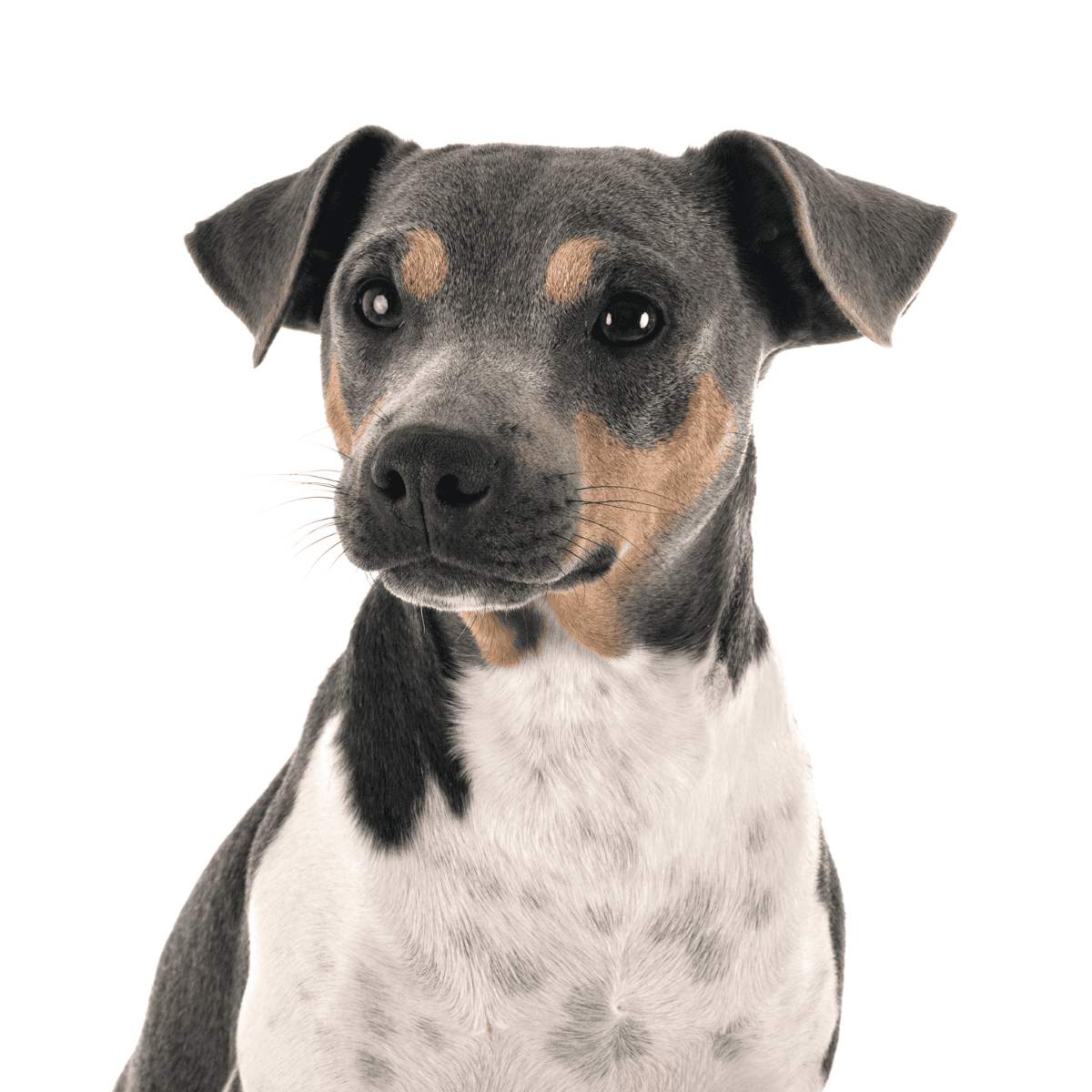
Brazilian Terrier
Shortcuts
The Brazilian Terrier is a unique dog breed, blending rich history, character, and charm. Rare outside Brazil, their distinct traits captivate enthusiasts. Known for excellent tracking and hunting of small prey, this medium-sized breed exhibits a striking appearance with its white, tan, black, brown, or blue markings.
The Brazilian Terrier’s origins remain mysterious. Believed to have emerged in the 1800s from crosses, including the Jack Russell and Fox Terriers, these intelligent and energetic dogs are ideal companions for those seeking an engaging and spirited pet.
Breed Overview

Height
13–16 inches
Weight
22 pounds
Lifespan
12 – 14 years
Colors
White and tan with black, brown, or blue markings
Suitable for
Active families and individuals who live in a house with a yard
Temperament
Energetic, affectionate, spirited, playful, friendly


Height
13–16 inches
Weight
22 pounds
Lifespan
12 – 14 years
Colors
White and tan with black, brown, or blue markings
Suitable for
Active families and individuals who live in a house with a yard
Temperament
Energetic, affectionate, spirited, playful, friendly

The Brazilian Terrier, also known as Fox Paulistinha, is a small to medium-sized breed. They possess a well-proportioned and athletic build. Their agility and energy levels make them excellent companions for active individuals.
Characteristics
Energy

Health

Sociability

Trainability

Lifespan


Enjoying this read?
We publish this content for free to generate interest in our Premium members' area. By subscribing, you can ask the writer any questions related to pet care and this article, get access to 100+ Premium Pet Care Guides and go Ad-Free with DogFix Premium for $2.99.
Health Conditions
The Brazilian Terrier is generally healthy and robust and faces few breed-specific health issues. Regular veterinary check-ups can help in early diagnosis and proper management of these conditions. Frequent exercise and a balanced diet contribute to their overall health.
Minor Conditions
- Skin Allergies
- Ear Infections
Serious Conditions
- Luxating Patella
- Hip Dysplasia
- Epilepsy
- Mucopolysaccharidosis (MPS VII)
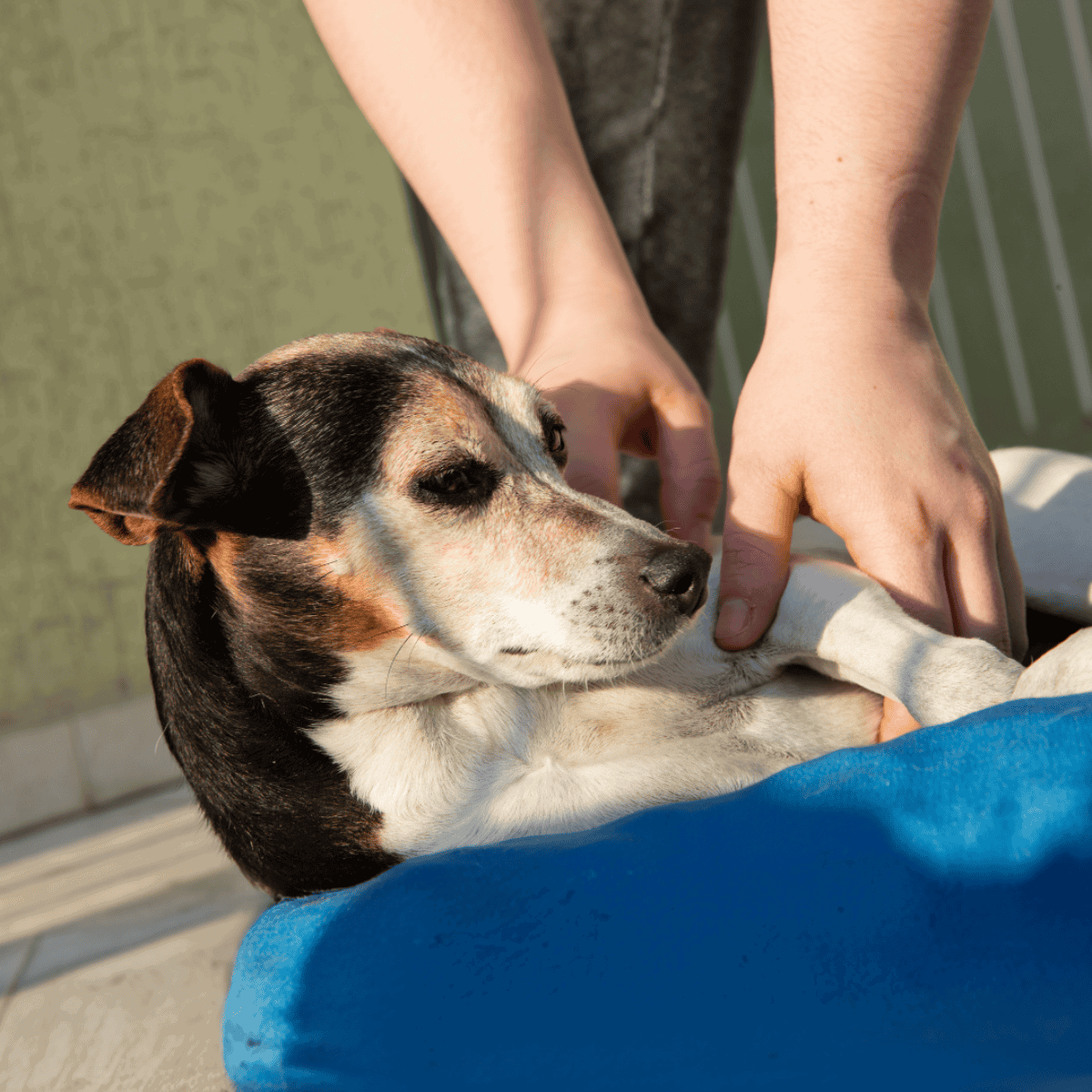

Brazilian Terrier Puppies
Brazilian Terrier puppies are notably rare, particularly outside Brazil, challenging breeder locations. The scarcity increases if importing, heightening expenses significantly. Prospective owners must emphasize finding ethical, responsible breeders, utilizing video calls if necessary, and thoroughly questioning health and parentage to ensure puppy quality.

Given their rarity, Brazilian Terriers are seldom found in shelters, making a reputable breeder the primary option. These playful puppies require early training and regular health checks, including vaccinations, to maintain their well-being.
Temperament & Intelligence Of The Brazilian Terrier
The Brazilian Terrier is an intelligent and energetic breed, quick to learn yet stubborn. It thrives on activity, needing exercise, and mental challenges to avoid undesirable behaviors caused by boredom.
Known for their vocal nature, Brazilian Terriers make excellent watchdogs. They are always alert to strangers yet form strong, affectionate bonds with their families. Their notable fearlessness ensures they will protect their loved ones at any cost.
Are These Dogs Good For Families?
Brazilian Terriers are exceptional family pets known for their playful and affectionate nature. They get along well with children and enjoy being active participants in family activities. However, supervising interactions with young kids is essential for the safety of both. Teaching children to interact gently and responsibly with these dogs fosters empathy and respect.

Involving children in the Brazilian Terrier’s daily care, such as feeding and grooming, helps teach responsibility and strengthens the bond. It’s important to remember that these dogs may nip if mishandled, so proper guidance is key.
Does This Breed Get Along With Other Pets?
The Brazilian Terrier has a strong prey drive, typical of terrier breeds, making it unreliable around smaller pets like hamsters, birds, and rabbits. It may chase or act on instincts around these animals. Early introductions can help the terrier coexist peacefully, though caution is still needed.

Constant supervision is crucial when integrating them with other pets, and they should never be left unsupervised with smaller animals, even if raised together. Among dogs, Brazilian Terriers get along well, especially with high-energy breeds, enjoying companionship and play to burn off their energy.
Food & Diet Requirements
The Brazilian Terrier needs high-quality dog food suited for its age, weight, and energy levels. Choose a trusted brand and consult a vet to establish the correct diet. Their food should offer enough nutrition due to their active lifestyle, ensuring they’re well-fed and healthy.

Refer to the dog food package for advice on how often and how much to feed them. Regular vet visits are essential for diet adjustments. Treats should be less than 10% of their daily food intake. It’s crucial always to have fresh water available for them to stay hydrated.
Exercise
Due to its high energy levels, the Brazilian Terrier needs 80 to 90 minutes of daily exercise, including walks and active playtime. This breed might not do well in an apartment; a spacious, active setting is ideal for its happiness and health.

Lack of sufficient exercise can lead the Brazilian Terrier to boredom and potentially destructive behavior. Keeping their minds engaged is crucial, too. Interactive toys and training sessions can provide the necessary mental stimulation.
Training
Training Brazilian Terriers requires patience, consistency, and positive reinforcement. These intelligent and independent dogs may exhibit stubbornness, making early training and socialization crucial. Employ treats, toys, and praise to encourage responsiveness while removing harsh methods, which can foster resistance.
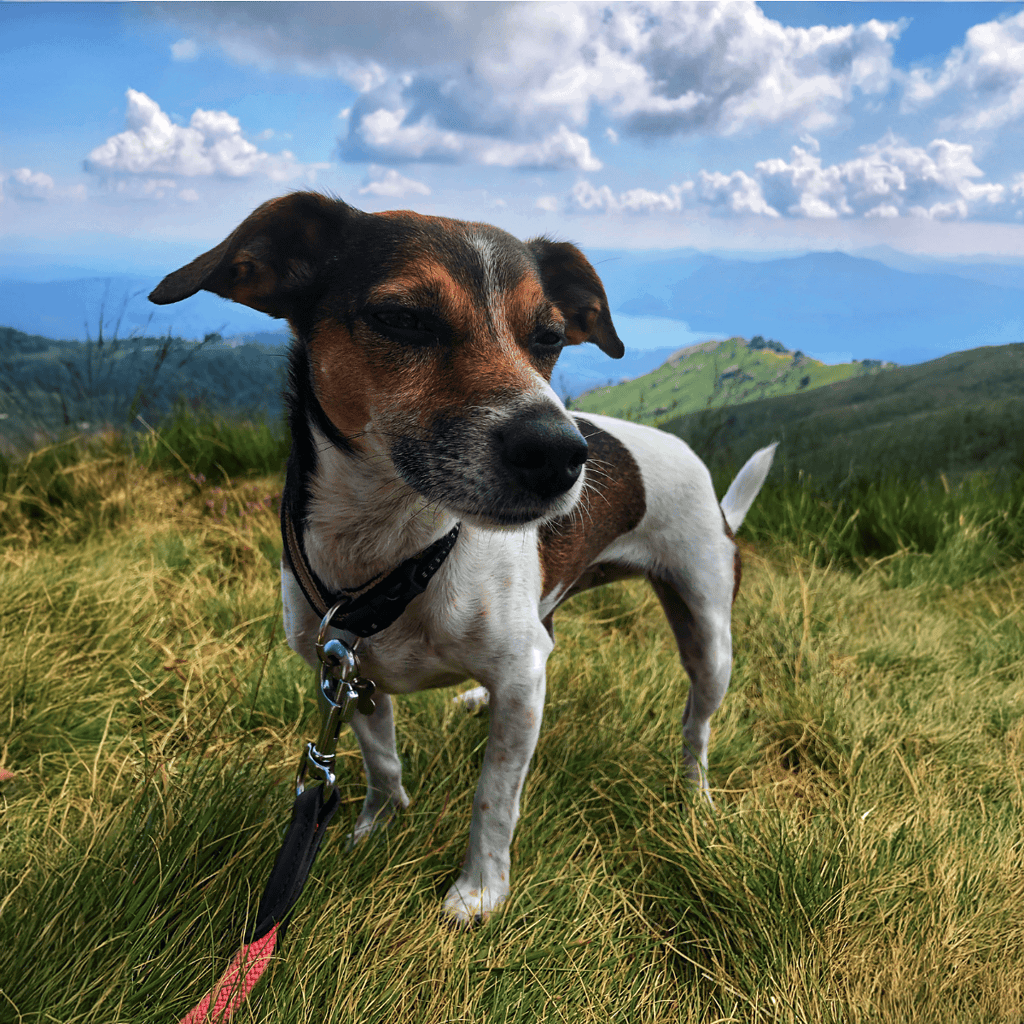
Experienced owners often fare better with this breed, benefiting from firm, consistent training approaches and short, engaging sessions to ward off boredom. Exposing Brazilian Terriers to diverse environments, people, and animals early on is essential to ensure a well-rounded temperament.
Grooming
The Brazilian Terrier’s short, smooth coat requires minimal grooming. A weekly brushing suffices to maintain fur condition. Increased brushing is necessary during the shedding seasons of fall and spring to handle loose hair. Baths should occur monthly or when the dog is significantly dirty, and high-quality dog shampoo should be used for coat health.

Daily dental care is crucial for avoiding dental problems. Ears need monthly checks and cleaning to prevent infections, and nails must be trimmed every 3 to 4 weeks to prevent discomfort from overgrowth.
Male Vs. Female

The Brazilian Terrier breed has slight differences between males and females. Males are more playful and affectionate, while females are considered easier to train. Both can become well-behaved and affectionate with proper training.
Fact #1: The Brazilian Terrier Is a Landrace Breed
The Brazilian Terrier is a natural landrace breed not developed through specific breeding plans. This breed emerged from the mix of various terrier breeds and local dogs like the Portuguese Podengo in Brazil, making it hardier than many purebreds due to its natural selection and adaptation.

These dogs are notable for their robustness and adaptability, traits from their landrace status. This suits them to various environments and often results in fewer breed-specific health issues, offering advantages for those seeking low-maintenance companions.
Fact #2: The Brazilian Terrier Is One of the Six Brazilian Breeds
Brazil is home to six unique dog breeds, each with distinctive traits. The Brazilian Terrier, known for its energy and intelligence, serves as both a hunter and companion. The Fila Brasileiro, or Brazilian Mastiff, is a large breed valued for its loyalty and excellent guard dog abilities.
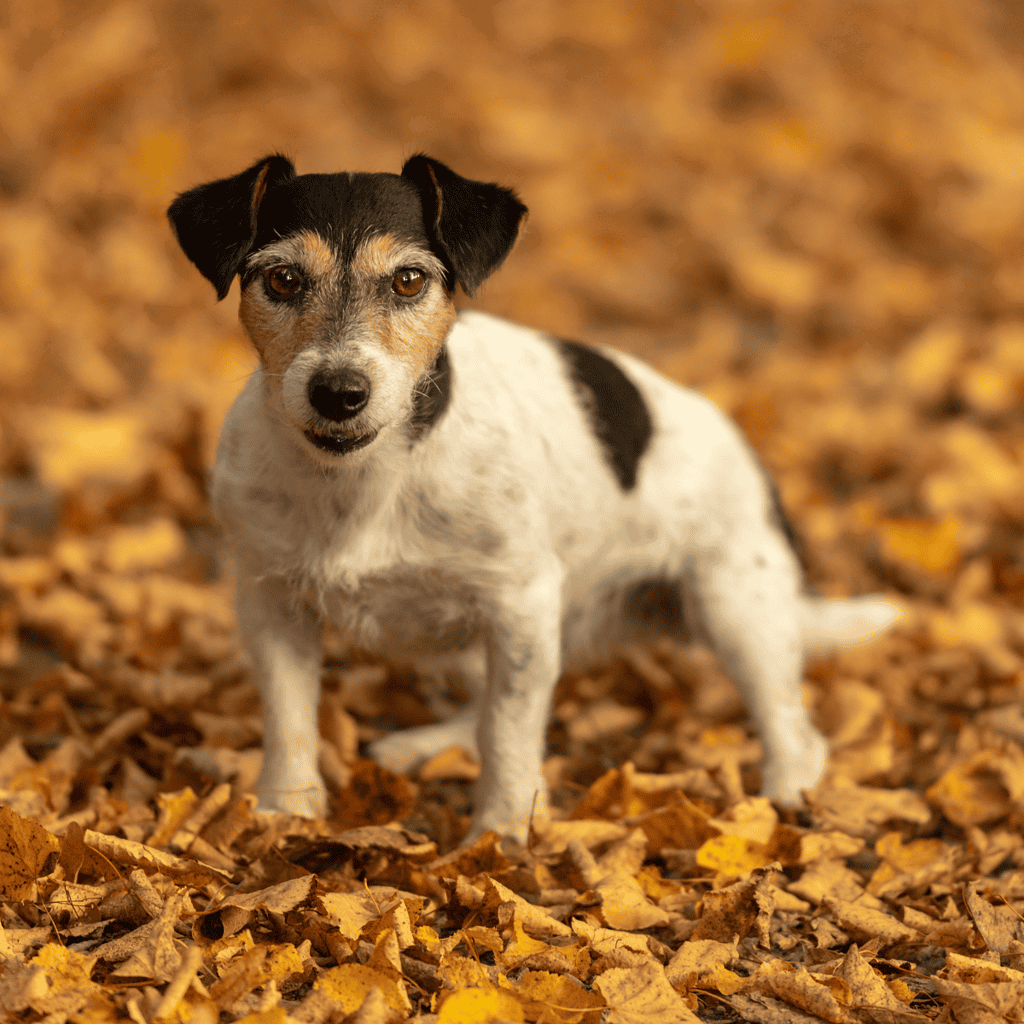
The Campeiro Bulldog and Mountain Bulldog are notable; the former is sturdy and hardworking, while the latter is agile and strong, suited for rough terrain. The Brazilian Collie excels in herding with its gentle nature, and the Brazilian Dogo is known for its strength and courage, often used in protection roles.
Fact #3: The Origins of the Brazilian Terrier is a mystery.
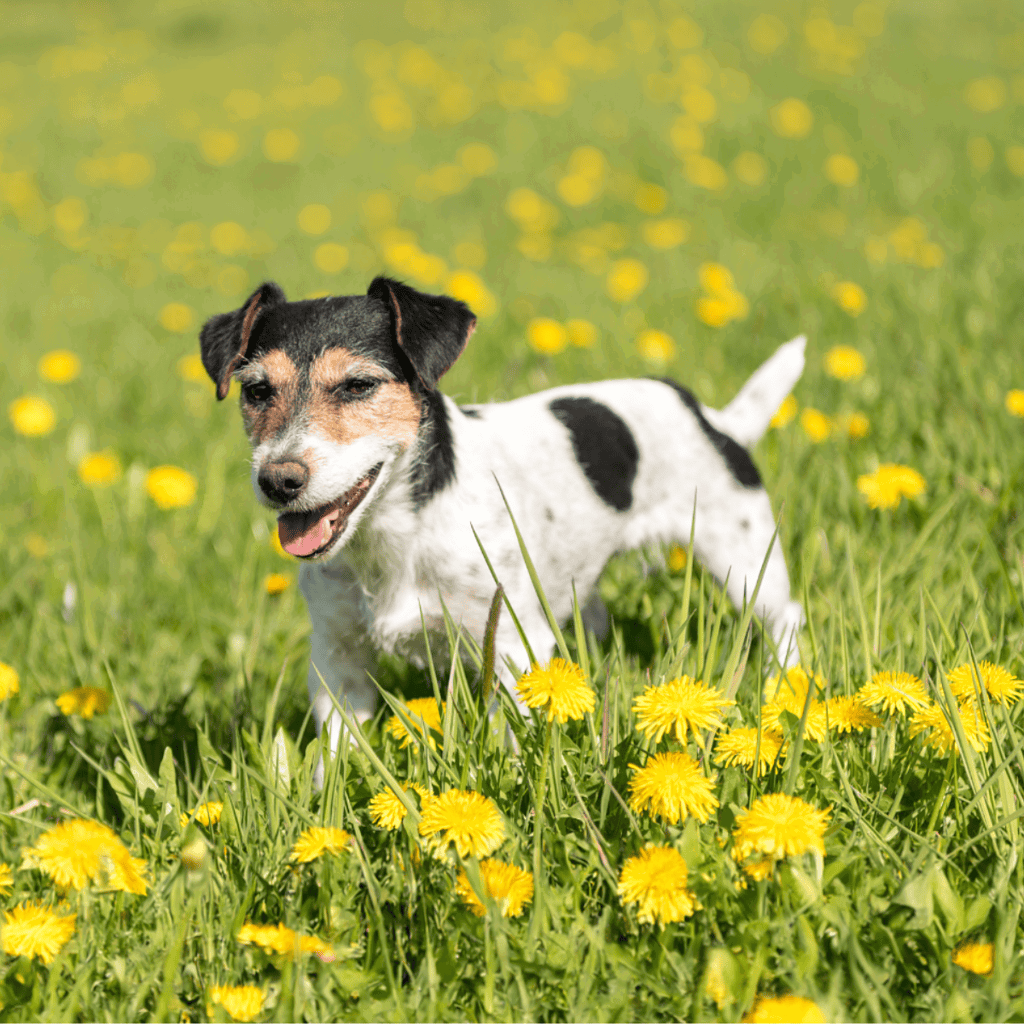
The Brazilian Terrier has a mysterious origin. From the 17th to 19th centuries, navigators likely brought small rat-hunting dogs on ships. These dogs mixed with local populations at various ports, suggesting a seafaring descent. The breed might share ancestry with the extinct English White Terrier and has connections to the Ratonero Andaluz, Ratonero Valenciano, Japanese Terrier, and Chilean Terrier. Although these historical ties are not confirmed, they hint at an intriguing network of interactions that shaped the Brazilian Terrier.
Frequently Asked Questions
What is the average weight range for a Brazilian Terrier?
A typical Brazilian Terrier weighs between 15 to 20 pounds (7 to 9 kg). This weight range is common for both males and females of the breed.
What personality traits are typically seen in Brazilian Terriers?
Brazilian Terriers are known for being energetic, intelligent, and alert. They often exhibit playful and friendly behavior, making them good companions for active families.
How long do Brazilian Terriers generally live?
The average lifespan of a Brazilian Terrier is around 12 to 14 years. With proper care and a healthy lifestyle, some may live even longer.
What are the standard size dimensions of a Brazilian Terrier?
Brazilian Terriers typically stand between 13 and 16 inches (33 to 40 cm) at the shoulder. Their compact and athletic build contributes to their agility.
What variety of colors do Brazilian Terriers come in?
Brazilian Terriers commonly have tri-colored coats, which include black, white, and tan markings. Their coats are short and smooth, making them relatively easy to maintain.
How often do Brazilian Terriers require grooming?
Brazilian Terriers require minimal grooming due to their short coat. You usually only need to brush them once weekly to keep their coat healthy and reduce shedding. You should also regularly clean their ears and trim their nails.

Didn’t find what you need? Use the search!
Search our database of over hundreds of posts with up-to-date information from our experts and veterinarians.

